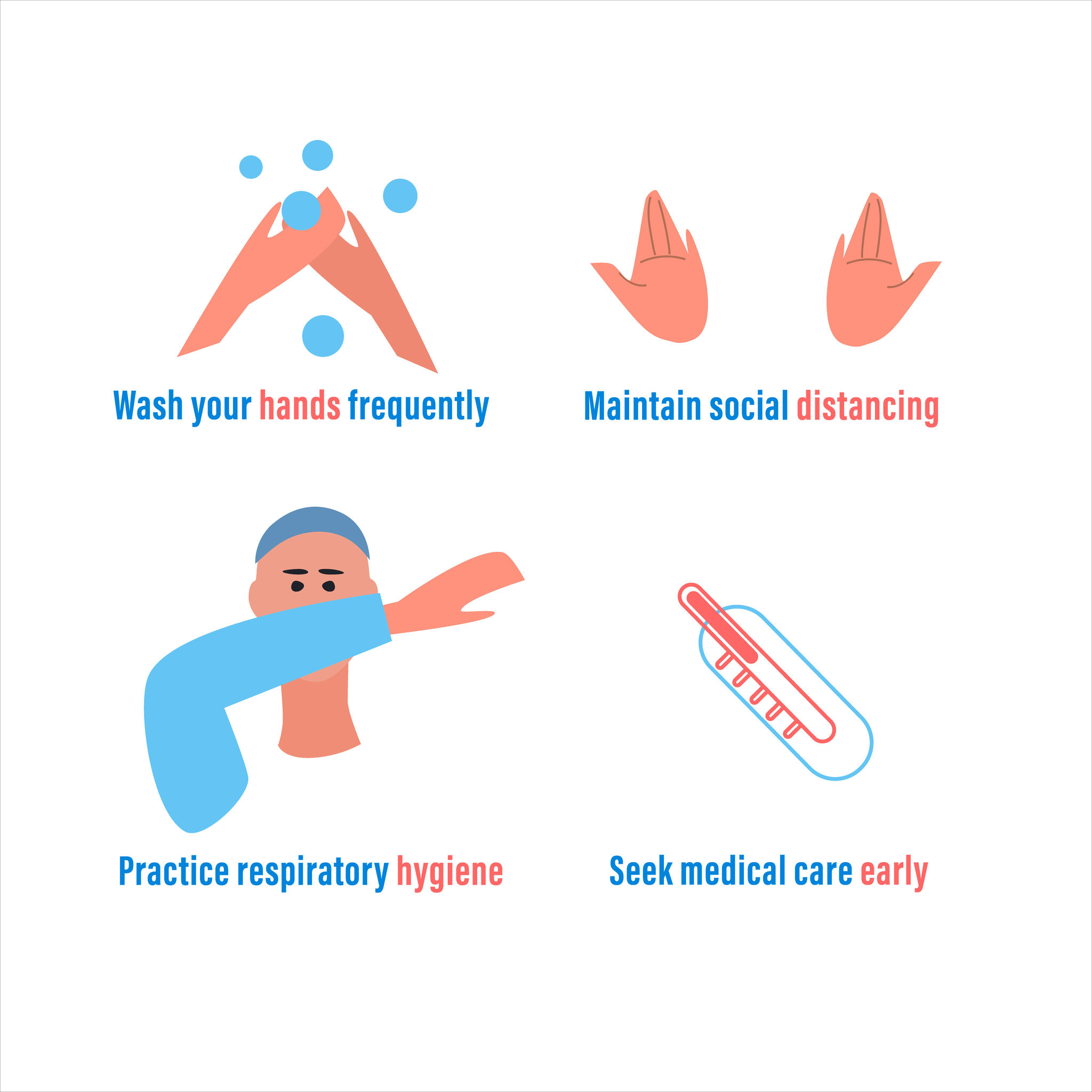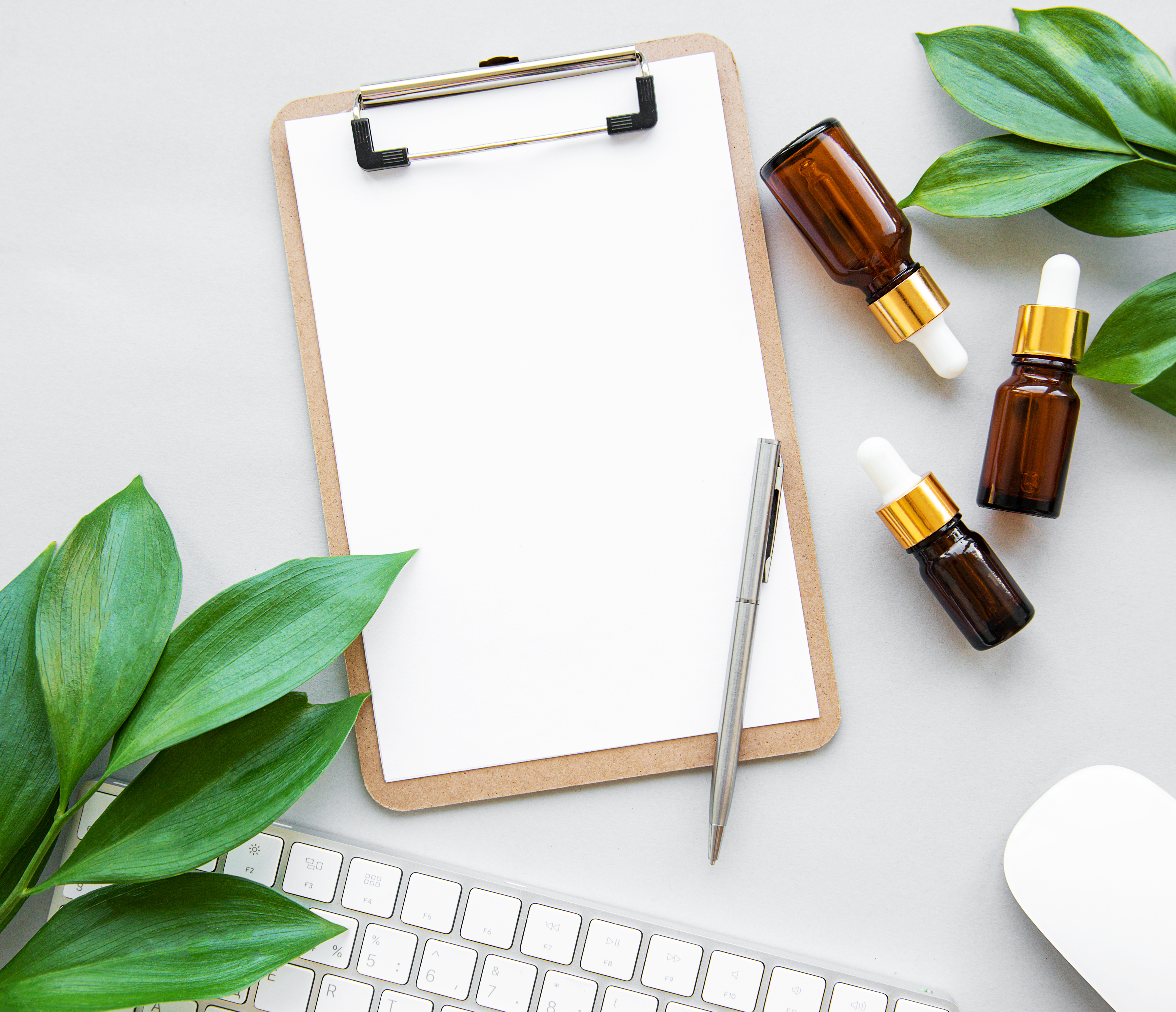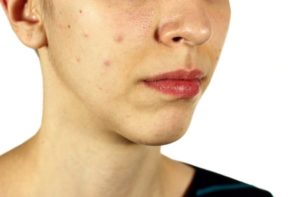In 2020, the world is facing a challenge that many of us would have never predicted. All the best wishes exchanged a few months back for a new year filled with prosperity and good health, have suddenly been swept away by a terrible pandemic. Many lives have already been lost, many more will, and still more will have their lives changed forever. Running studies, however, is still essential to the cosmetics industry. The focus now is determining how cosmetic studies can be adapted in the safest possible way, while maintaining the scientific integrity of studies with similar timelines and budget constraints.
Restrictions
Authorities in the different countries struck by COVID-19 infections have taken different measures in response to the pandemic, ranging from long lockdown periods to no shutdown at all (e.g. Sweden). Restrictions on travel, gatherings, opening of businesses and services, social distancing, use of personal protective equipment, and increased attention to sanitation and hand hygiene have been the most frequent and effective measures. Naturally, the risk of getting infected, together with the measures imposed by the relevant authorities, have either prevented or discouraged to some degree study volunteers from taking part in studies that require visits to the study clinic. These restrictions have also dissuaded research clinics from conducting study visits.
Ethical reasons
COVID-19 is a potentially deadly virus which can spread very easily if appropriate precautions are not taken. Evidence has shown it to be particularly dangerous for the elderly and people suffering with other health conditions. At the time of writing this article, a vaccine or cure for this virus is not yet available. As a result, protecting the members of our community is everyone’s responsibility.
While certain activities considered essential should continue to be carried out with appropriate precautions, some ethical considerations come into place with regards to taking part in studies investigating non-health related outcomes. This is the case of cosmetic studies, where the objective is to beautify skin, hair, and nails, rather than prevent or cure. For this reason, with or without specific restrictions, many companies across the globe have refrained from conducting cosmetic studies that could unnecessarily expose the community to the risks of spreading the virus. These companies have been dealing with the frustration of being unable to work with their usual research service providers to collect in-vivo efficacy and safety evidence for their skincare products.
Adapt your studies
Where possible, we have seen businesses of all sorts, from retailers to service providers, responding to the pandemic by working remotely where possible. These activities include meetings, signing of documents, purchases, and health appointments. We have realised we already had the tools to do all of this before it suddenly became a necessity.
The same applies to clinical research. Consumer studies and virtual clinical trials have been popular for quite some time. These allow volunteers to take part from the comfort of their homes and report outcomes to be assessed remotely. The aim of these studies is to collect evidence based on subjective assessment of the volunteers who took part in the study or of the expert assessor (e.g. doctor, trained professional) where it is possible to do this remotely. There are some limitations to these types of studies, mainly related to the lack of objective assessments which normally require specialised equipment or other validated procedures that can only be employed in clinic. Nonetheless, these studies are especially important from a marketing perspective and are gaining momentum during the current emergency as a valuable alternative to in-person trials.
There are some trials that cannot be modified to become home based studies as they rely on particular equipment to be used during face to face appointments. Ongoing trials such as these may suffer significant delays due to lockdowns and other aforementioned restrictions. In extreme cases, these studies might be cancelled due to the impossibility to collect relevant data – in this case, repeating them at a later date might have to be considered. For the vast majority of trials, however, there are other options that can be considered.
How do virtual studies work?
In contactless studies, products are sent directly to volunteers and questionnaires are completed online. Face to face visits are not required. Apart from these key changes, studies mirror those run in-person.
Typically, these types of studies are used to support claims such as “X% of users thought their skin elasticity improved”, “X% of users saw an improvement with the appearance of fine lines and wrinkles”, “X out of Y would buy it again”, and so on. Cosmetic companies that can base their claims on the subjective evidence rather than objective evidence, could still conduct studies during the pandemic.
Secure electronic documents can be set up quite easily and used throughout the different stages of the study, from obtaining volunteers’ consent to data collection. Another great advantage of electronic data capture is that it eliminates the need for data entry, saving time, reducing data entry errors, and eliminating the need for double data entry. Collected in this way, data is soon ready for statistical analysis. This can speed up project timelines substantially.
Patience is key
Having to alter schedules and make changes to R&D timelines due to the pandemic is certainly frustrating for cosmetic companies. The same frustration is experienced by research clinics who might not be able to complete or carry out certain studies they have worked hard to get started. However, the current situation is quite extraordinary and everyone is required to apply their best judgment in all circumstances involving social interaction. When conducting in-vivo cosmetic studies, we should allow some level of flexibility to adjust to the ‘new normal’. We have to act sensibly to minimise the risks we are facing at each given time, because we are equally responsible for our actions and their consequences. After all…we are in this together! s




